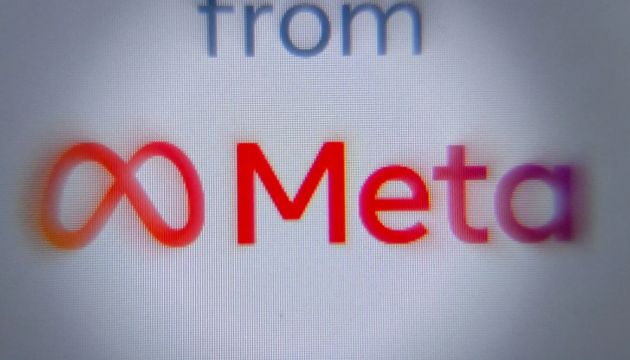
Meta repulses information attack on Ukraine from Russia and Belarus
The company said that the two separate campaigns were both small in scale and caught in the early stages.
The first campaign involved a network of about 40 accounts, pages and groups on Facebook and Instagram, operated in Russia and Ukraine. They used fake personas, including computer-generated profile pictures, to masquerade as independent news outlets and posted claims about Ukraine being a failed state. The focus of the efforts appeared to be driving traffic to the network's own websites, Meta said. The company said it had removed the accounts and blocked the associated websites.
Separately, Meta said it has seen a surge in hacking attempts of Ukrainians in recent days. It tied some to a Belarusian-connected effort known in cybersecurity circles as "Ghostwriter," which has previously been blamed for cyberattacks in other European countries. Meta says Ghostwriter has been trying to hack the accounts of high-profile Ukrainians, including military officials, journalists and public figures, although it didn't identify any individuals. The company has alerted the "handful" of Ukrainians who have been targeted recently and is blocking the domains the hackers use in their phishing attempts.
"It's a sign that while these actors are trying to run these types of influence operations, they're getting caught sooner and they're not reaching the audiences that they would have reached even a few years ago," said Nathaniel Gleicher, Meta's head of security policy.




